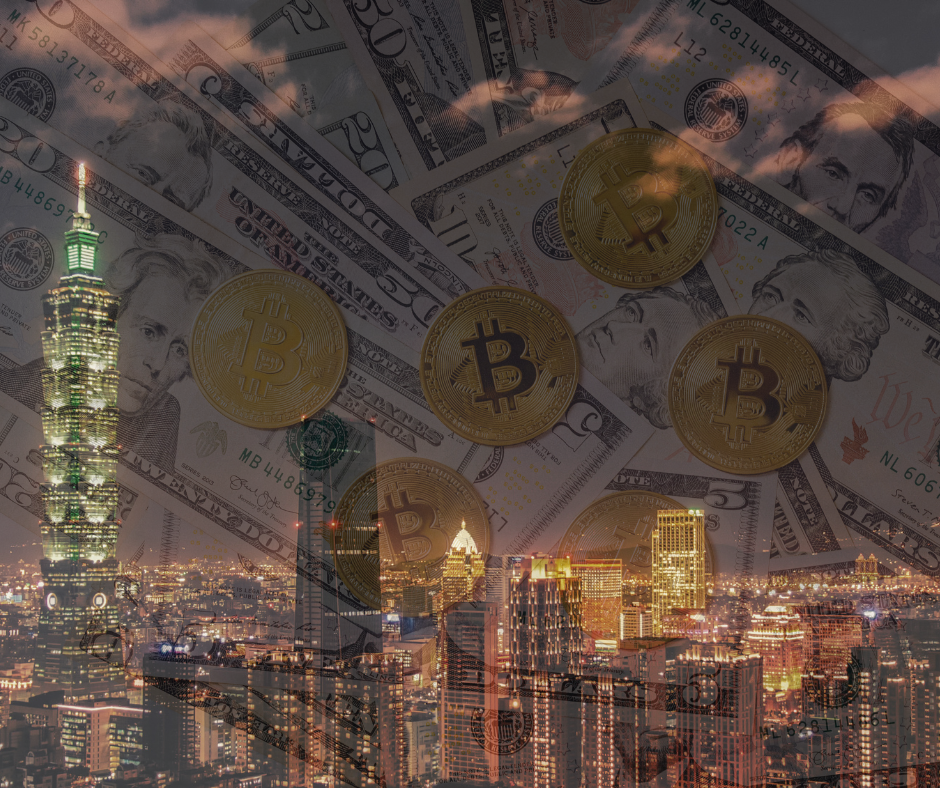Hydrogen's Role in Hong Kong's Green Transport Plans Remains Uncertain, Says Expert
- Flexi Group
- Oct 4, 2023
- 2 min read
The role of hydrogen in Hong Kong's efforts to green its public road transport is poised for growth, but its competitiveness within the city's broader energy mix remains uncertain, according to hydrogen expert Rory Meng, leader of the hydrogen working group at TUV Rheinland's China operations. He highlighted that the biggest challenges in hydrogen's commercialization are safety, reliability, and cost.

Meng noted that beyond serving as a clean transportation energy source, hydrogen could enhance Hong Kong's energy security by acting as a backup energy supply for the power grid. However, the critical factor in determining whether hydrogen will be a truly green energy source lies in its production method, particularly whether it can be generated using renewable energy.
Currently, most hydrogen production relies on fossil fuels such as coal or natural gas, while "green" hydrogen is produced through electrolysis, using renewable energy. The latter, although environmentally friendly, tends to be costly due to the ongoing development of the supply chain.
Despite the fact that hydrogen derived from fossil fuels results in zero roadside emissions, its production process can have a substantial carbon footprint.
TUV Rheinland, founded in Germany 150 years ago as a steam boiler safety inspection body, has evolved into a global organization offering third-party testing, certification, training, and consulting services across multiple industries. The organization serves as a technical adviser to Citybus, which is set to introduce Hong Kong's first fleet of hydrogen-powered buses.
As part of Hong Kong's decarbonization strategy aimed at becoming carbon-neutral by 2050, electrification of transportation plays a significant role. Hydrogen fuel cells and battery-powered electric buses and heavy commercial vehicles are vital components of this strategy.
The Hong Kong government is actively working on establishing a legal framework for hydrogen transportation in the city to ensure safety and align with standards in mainland China and overseas. This effort takes into account the unique challenges posed by Hong Kong's densely populated urban environment.
Despite setting targets for the penetration of hydrogen vehicles, governments worldwide face uncertainties regarding technological and cost-related barriers. Supply chain challenges, including hydrogen storage and transport, need to be addressed.
In the short term, Hong Kong, lacking a commercial hydrogen production facility, may initially source hydrogen supplies from producers in Guangdong province. In the long term, options such as long-distance supply pipelines from mainland China or importing green hydrogen via tankers may become justifiable.
Citybus, in its efforts to introduce hydrogen buses, plans to operate both electric and conventional diesel double-deck buses on the same route to assess their operational performance. The company is also constructing Hong Kong's first hydrogen refueling station.
While battery-powered passenger vehicles have undergone significant development, hydrogen buses still offer room for range expansion by adding more fuel tanks without experiencing the same safety concerns associated with electric buses.
Incorporating hydrogen into Hong Kong's transportation sector represents a pivotal step toward achieving the city's sustainability objectives. However, addressing the various challenges and uncertainties surrounding hydrogen is essential for its successful integration into the energy mix.
By fLEXI tEAM





Comments